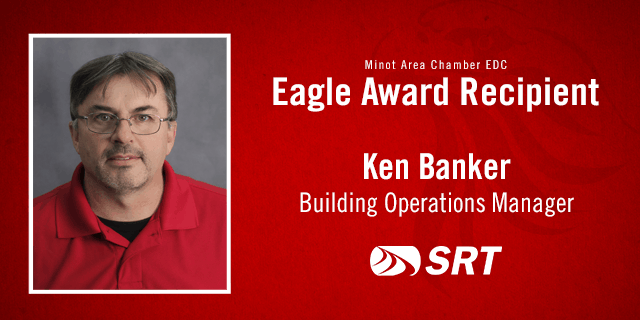UPDATE! Service restored.
12:56pm The second fiber cut has now also been repaired.
12:27pm One of the fiber cuts has been repaired and SRT Phone Service should be working properly including calls to emergency services, long-distance, and cell phones. If you continue to have phone trouble please contact SRT. We will continue to monitor the issue.
Service Affecting Phone Outage
Two fiber cuts in the southern part of the state are causing issues for emergency and long distance calls as well as all off network traffic, such as wireless phone calls. These cuts are preventing calls to 911.
If you have an emergency and live within Ward County, please dial 701-852-0111 from a landline phone to reach Minot Dispatch.
If you live outside Ward County and have an emergency, please call your local police department from a landline phone.
The issues are being investigated and further information will be provided.







 The Federal Trade Commission (FTC) reports that scams starting on social media have proliferated during the pandemic. Scammers are hiding out on social media and using ads and offers to attract their next unsuspecting victims.
The Federal Trade Commission (FTC) reports that scams starting on social media have proliferated during the pandemic. Scammers are hiding out on social media and using ads and offers to attract their next unsuspecting victims.


